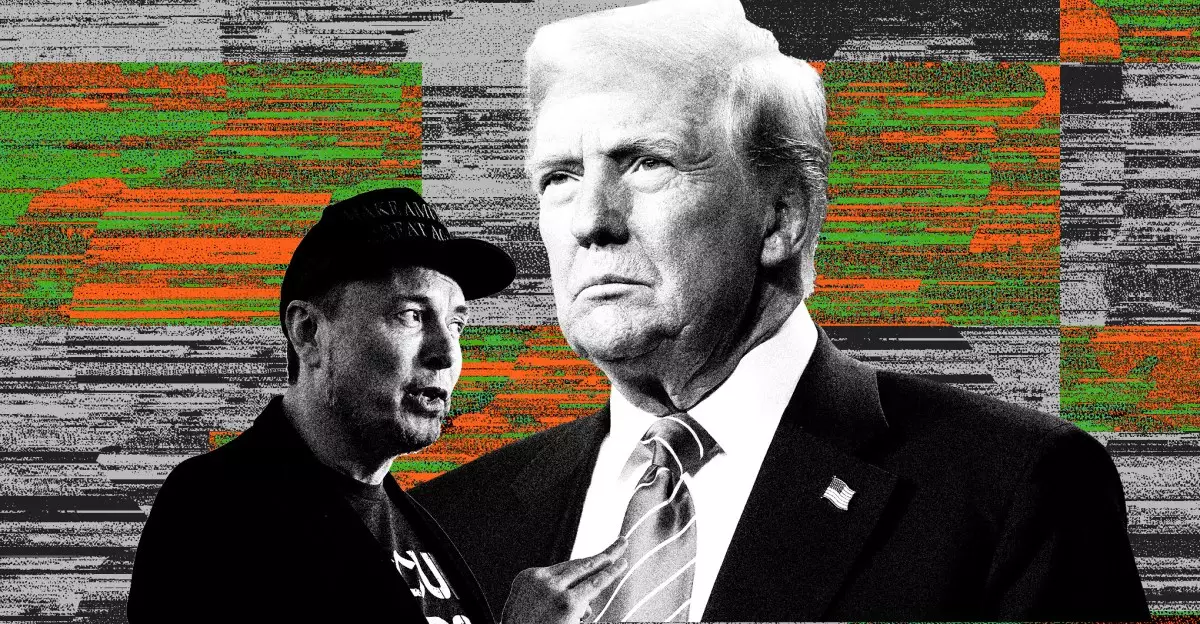The digital landscape continues to evolve, shaped significantly by the actions and decisions of influential figures, such as Elon Musk. One of the most recent developments revolves around former President Donald Trump’s ongoing legal battles with major social media platforms, particularly Musk’s X, formerly known as Twitter. This article explores the implications of Trump’s lawsuit against these platforms, which stemmed from the banning of his account in the wake of the January 6th riots.
The Settlement with X: Context and Implications
Reports indicate that Elon Musk’s X has agreed to compensate Trump with an estimated settlement of $10 million. This move, while appearing as an effort to settle disputes amicably, raises numerous questions about the intersection of social media governance, free speech, and political influence. Musk, who has been known for his substantial investments and interests in other ventures, had previously committed about $250 million to support Trump’s electoral campaign.
The settlement represents more than just a financial transaction; it illustrates the complex relationship between powerful individuals and social media platforms. For Musk, who claims to advocate for free speech, this decision also reflects the ongoing debate about the responsibilities of tech companies in moderating content. By settling, X may be acknowledging the pitfalls of exercising unregulated authority over user accounts, particularly those belonging to public figures.
Following the events of January 6, 2021, Trump filed lawsuits against various social media giants, including Twitter, Facebook, and Google, arguing that his account suspensions were tantamount to censorship. Yet, a judge dismissed the lawsuit against Twitter last year, asserting that the platform did not act as a state actor, nor did it violate Section 230 protections which grant websites immunity from liability for content posted by users.
While Trump’s case against Google is still in progress, Meta’s recent decision to settle with the former president for $25 million underscores the potential costs associated with navigating the complex legalities of digital speech. Such large settlements shine a light on the precarious balance social media companies must strike between user safety and free expression. By choosing to resolve disputes financially, companies might be setting a precedent that encourages more high-profile users to pursue legal action when dissatisfied with content management decisions.
These developments also have profound implications for political discourse in the digital age. As social media continues to serve as a primary platform for political engagement, the future of how platforms govern speech will likely shape electoral outcomes, public opinion, and even governmental policy. Musk’s ownership of X and subsequent decisions will be closely scrutinized, as they reflect a powerful individual’s influence on free speech and political narratives.
The intersection of technology, politics, and law remains a contentious battlefield. Trump’s negotiations with X, alongside similar actions taken against other tech giants, highlight the fragile yet potent influence of social media in today’s political climate. As these issues unfold, the balance between free speech and responsible platform governance will remain a pivotal topic for discussion among policymakers, legal experts, and the public alike.

